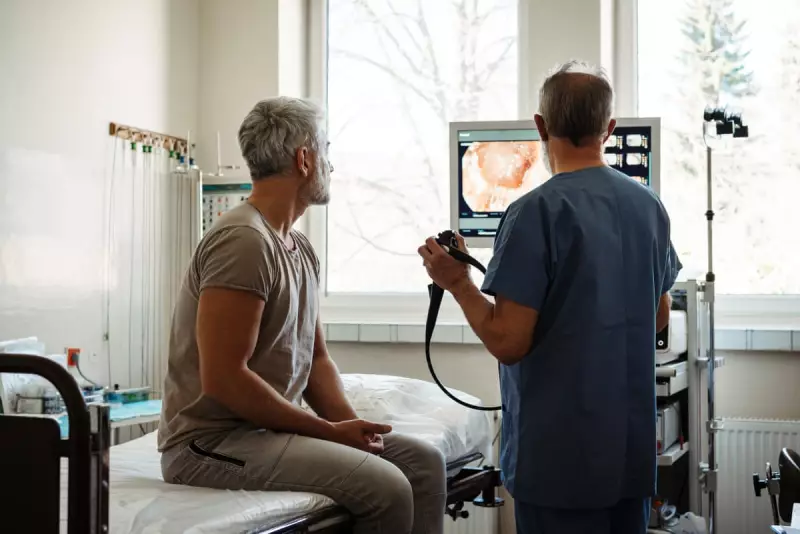
Understanding Colonoscopy: A Vital Health Check
A colonoscopy is a medical procedure that allows doctors to examine the inner lining of your large intestine (colon) using a flexible tube with a camera. This crucial screening tool plays a vital role in detecting and preventing colorectal cancer, the fourth most common cancer in the UK.
Why Might You Need a Colonoscopy?
Doctors typically recommend this procedure for:
- Investigating unexplained bowel symptoms
- Screening for colorectal cancer (especially for those over 50)
- Monitoring patients with previous polyps or bowel conditions
- Checking for causes of anaemia or weight loss
Preparation: The Key to a Successful Procedure
Proper preparation is essential for clear visibility during the examination. Patients typically need to:
- Follow a special diet 1-2 days before
- Take prescribed laxatives to empty the bowel
- Arrange for someone to accompany them home
What Happens During the Procedure?
The examination itself usually takes 30-60 minutes and is performed under sedation. Patients lie on their side while the colonoscope is gently inserted through the rectum. The doctor carefully examines the intestinal lining and may remove small tissue samples (biopsies) or polyps if found.
After the Procedure: Recovery and Results
Most patients recover within a few hours, though they may experience mild bloating or cramping. The sedation means you'll need to avoid driving or operating machinery for 24 hours. Results are typically discussed during a follow-up appointment, though any urgent findings would be communicated immediately.
Potential Risks and Complications
While generally safe, possible risks include:
- Reaction to sedation
- Bleeding (especially after polyp removal)
- Very rare bowel perforation
The benefits of early cancer detection far outweigh these minimal risks for most patients.
Why Screening Matters
Colorectal cancer often develops from precancerous polyps over several years. Regular screening can detect and remove these growths before they become malignant. The NHS offers bowel cancer screening to adults aged 60-74 in England, with plans to lower this to age 50 by 2025.





